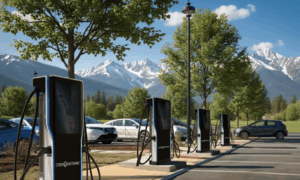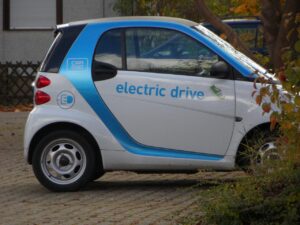
Home / EV Charging News / Pros and Cons of Wireless EV Charging vs. Wired Charging
As the popularity of electric vehicles (EVs) continues to rise, the debate between wireless and wired charging solutions becomes more pertinent. Both methods have their distinct advantages and drawbacks. Here, we will explore the pros and cons of wireless EV charging compared to traditional wired charging to help you make an informed decision.
The choice between wireless and wired EV charging depends on your specific needs and circumstances. Wireless charging offers unparalleled convenience and safety but comes at a higher cost and with lower efficiency. Wired charging remains the more efficient, cost-effective, and widely available option, especially for those requiring fast charging and extensive public infrastructure. Understanding the pros and cons of each method will help you make an informed decision that best suits your lifestyle and charging needs.



